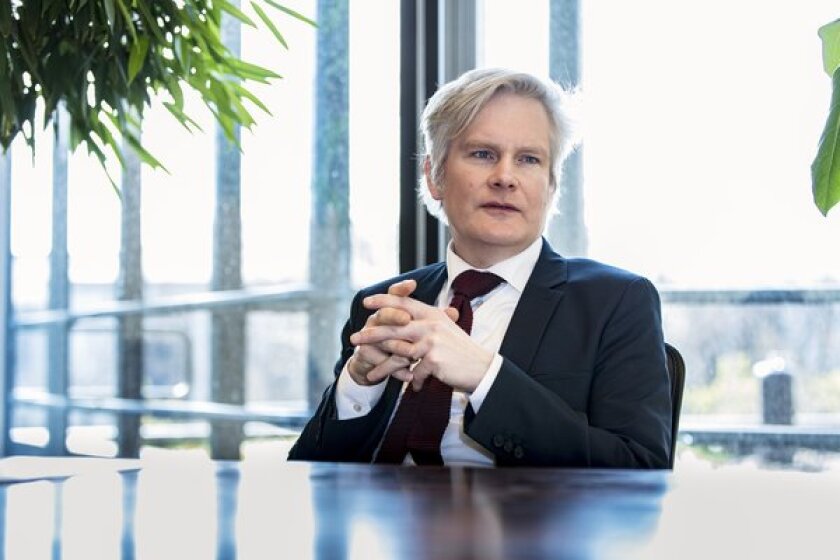The president of the EPO’s Boards of Appeal says he is not certain whether the boards’ revised rules of procedure will result in a “front-loading of requests” but has insisted that they should make proceedings more predictable.
Speaking to Managing IP, Carl Josefsson says the revised rules will reduce a party’s options to amend its case as appeal proceedings progress and make it more difficult to withhold submissions for tactical reasons.
However, he confirms the views of some regular users of the system that there will be an increased workload for first instance departments.
“Whether these [the rules] will, in the end, really lead to a ‘precautionary front-loading’ of numerous different lines of argument remains to be seen. After all, procedural economy is in the interests of the parties too,” Josefsson says.
“What can be expected is that to some extent party submissions at first instance will become more comprehensive. It will mainly be up to the departments of first instance to manage the additional workload that this brings.”
Josefsson was reacting to claims from patent attorneys who regularly appear at the EPO and the BoA who told Managing IP that the tightening up of amendments at the appeal stage could result in a precautionary front-loading of requests, amendments and supporting evidence into first instance proceedings.
The revised rules were published at the end of June and will come into effect in January next year.
In an extensive interview Josefsson also discusses:
· Further details about the revised rules and their practical impact;
· The backlog at the BoA and how it is being managed; and
· Whether the BoA’s independence is improving under the EPO’s new management.
The full interview will be published on Managing IP shortly.











